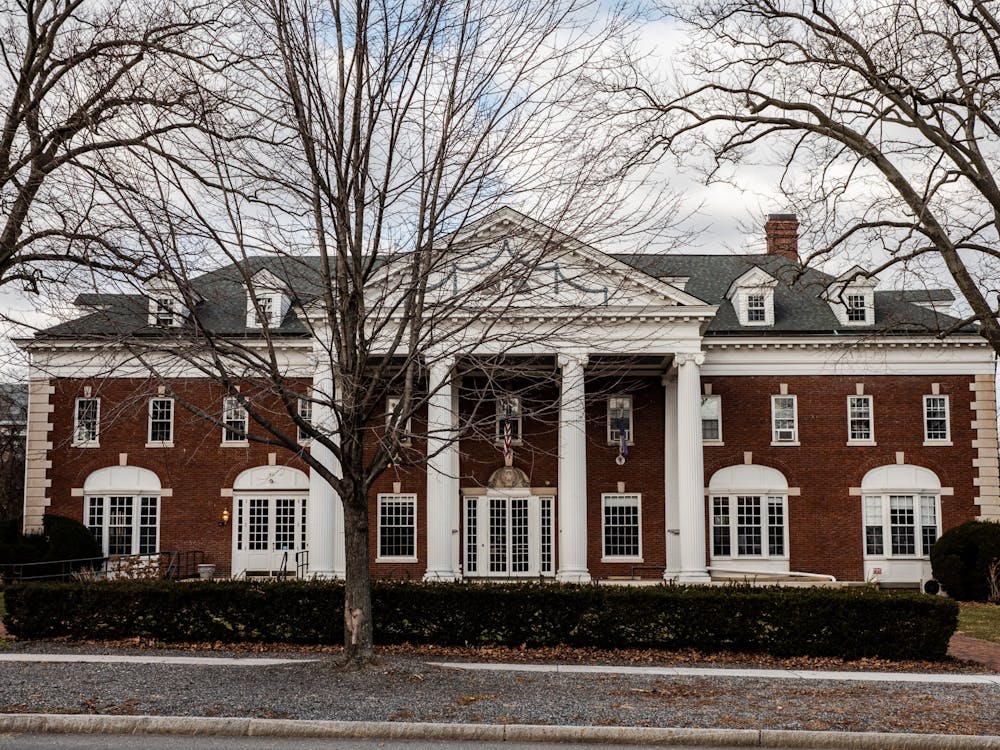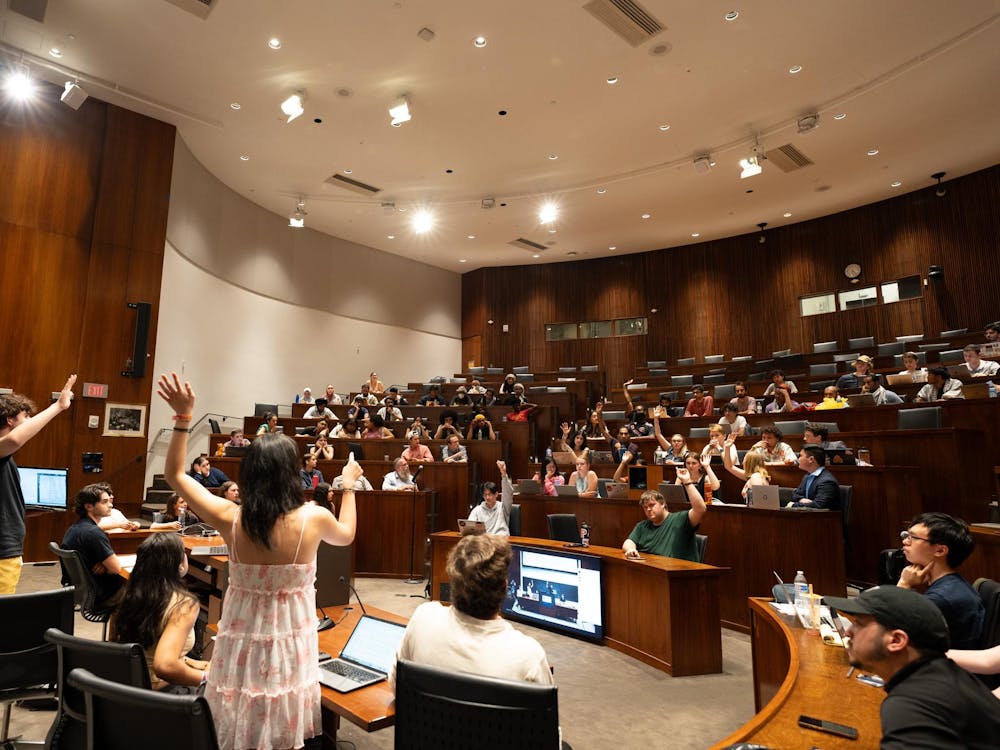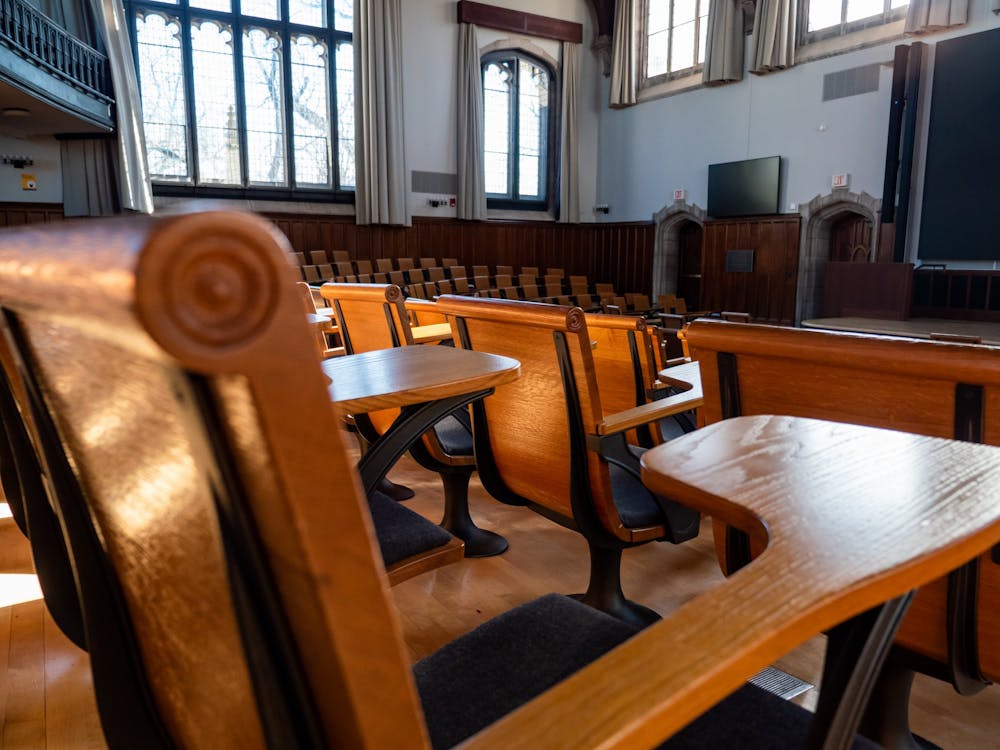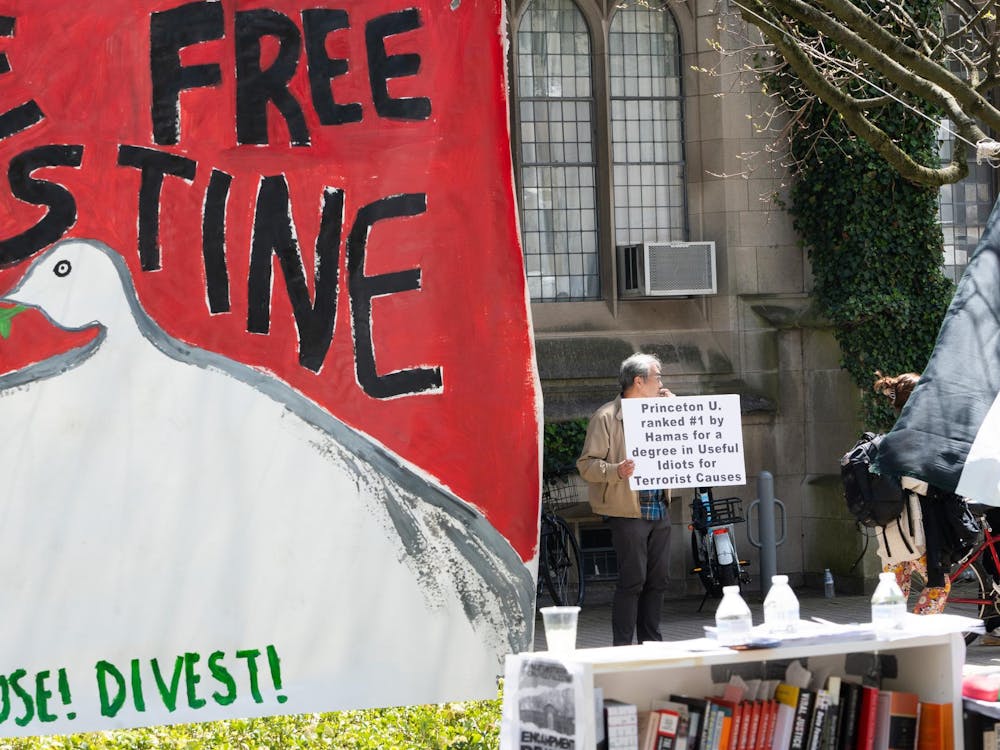The following is a Letter to the Editor and reflects the authors’ views alone. For information on how to submit to the Opinion Section, click here.
To the Editor:
For many years, students and administrators alike have had conversations — both formal and informal — about the need to address what some members of the community have described as inequities in our dining program. This conversation has been reinvoked with talks of a pilot program to test how we might resolve some of these issues.
Upperclass dining options have been studied by students and administrators in the Undergraduate Student Government (USG) Eating Club Accessibility Report 2014–2015 and the Task Force on the Relationship between the University and the Eating Clubs in 2018. The final report prepared by the 2018 Task Force, which included undergraduates, eating club leadership, and University administrators, stated that “fluidity among the different dining and social options is important for community connectedness and shared experience.” This principle is particularly relevant today, with the shift to four-year residential colleges, an expanding student body, and the decoupling of housing and dining for juniors and seniors.
The reality is that there’s still a lot we don’t know about how best to achieve the goals of fluidity and flexibility in our dining system. The idea of the one-semester pilot program was conceived in Spring 2022 with the goal of testing ideas in real time. The pilot is meant to help us determine what will and will not work before moving forward with any changes to the current program.
A working group, including administrators, undergraduates, eating club staff, and alumni, was formed over the summer and met for the first time in August. This working group has been helpful in identifying challenges that we will need to address before launching the pilot. We are continuing to plan for a one-semester pilot program beginning in Spring 2023, but an official launch date has not been set.
The plan for the dining pilot program is for a sample group of juniors and seniors to have five meals per week they can use at any of the available dining options. Eating clubs, co-ops, and University dining halls will set individual criteria for the number of guests per meal and for which days and meals they will be open to pilot participants. Furthermore, eating clubs and co-ops will be reimbursed by the University for the meals taken at their location during the pilot. Students will not incur any costs for participating in the pilot, and it has not been determined what, if any, costs students would incur in the final program.
We hope this pilot will help us learn how any reform to upperclass dining could be implemented. What are the logistics involved in trying to implement such a reform? How will students in the pilot program feel about the experience? Does greater access and fluidity help to support the goal of a greater sense of community and connectedness? What elements, if any, of the pilot program are worth pursuing?
We are currently in conversation with the students who drafted an alternative program. We may have some common ground, such as increasing the number of students in the pilot and including late meal, Campus Dining cafes, and concession stands as options for the five “everywhere meals.”
As with any pilot project, we hope to learn about the feasibility of the idea as well as its desirability once some students have had the opportunity to experience the change.
W. Rochelle Calhoun is the Vice President for Campus Life. Chris Burkmar ’00 is the Executive Director for Planning and Administration. Maureen McWhirter is the Executive Director for Finance and Technology Administration. Chad Klaus is the Vice President for University Services. They have been working with students and other members of the University community to develop the dining pilot.
Editor’s Note: Asked for comment on the administrators’ description in this letter of their discussions on the alternative proposal, students who drafted the alternative program told the ‘Prince’ in a statement: “In our meetings, we presented the referenced elements of our five point plan as an alternative to the current formulation of the dining pilot; the serious concerns we have about the logistics and structure of the pilot have not yet been resolved.”










